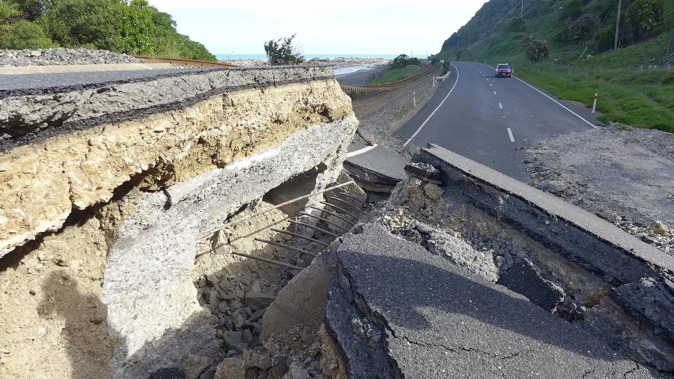
GNS Science is proposing to axe dozens of jobs – the latest in a rolling series of shake-ups that have rocked the public and science sectors.
Staff at the Crown Research Institute has begun consulting staff on its cost-cutting proposals, which would disestablish 103 positions, of which one quarter were vacant.
While 77 staff were affected by the plans, GNS was also proposing to establish 37 new roles, which it said would help the institute to “address its challenges and rise to its opportunities”.
“The change process anticipates these new positions will offer redeployment opportunities for some of our impacted staff,” GNS said in a statement.
The agency said it’d been focused on operating with fiscal prudence, seeking cost savings where possible and looking hard at any discretionary spending.
“Now, considering the size of our workforce alongside other cost-saving measures is a difficult but necessary step on a longer journey to financial sustainability,” it said.
“We are now encouraging staff to engage and provide feedback on the issues we face and our change proposals.”
It wasn’t yet clear how some of the agency’s vital functions - such as monitoring natural hazards or climate change research - might be affected.
The Public Service Association has hit out at the plans, calling it a “sad day for science”.
“The proposed cuts make little sense when GNS was profitable only a few months ago,” said the union’s assistant secretary Fleur Fitzsimons, referring to statements made in March by GNS chief executive Chelydra Percy.
“How can the situation deteriorate so quickly to justify these wholesale cuts?”
Fitzsimons also pointed to job cuts at Callaghan Innovation and Niwa, where dozens of roles were announced to go this year.
“Like cuts at Callaghan Innovation, Niwa and elsewhere, this is happening in the absence of a science strategy from the Government which is being prepared by Sir Peter Gluckman’s Science System Advisory Group,” Fitzsimons said.
“Once again we are seeing the Government’s misplaced priorities.
“It says science matters, but is ploughing ahead with cutting our best and brightest scientists and researchers who will now be forced to go offshore to find jobs, ultimately benefitting other countries.”
This month, the New Zealand Association of Scientists reported more than 350 jobs had already been shed across the system – and that it could take decades to reverse the damage.
“Make no mistake, right now Aotearoa’s science is under threat like never before,” the coalition’s spokeswoman, New Zealand Association of Scientists co-president Dr Lucy Stewart, said.
“We risk losing our best and brightest scientists and researchers to other countries that really value them, and that will set us back for years.”
Minister for Space and Science, Innovation and Technology Judith Collins has been approached for comment.
Jamie Morton is a specialist in science and environmental reporting. He joined the Herald in 2011 and writes about everything from conservation and climate change to natural hazards and new technology.
Take your Radio, Podcasts and Music with you









